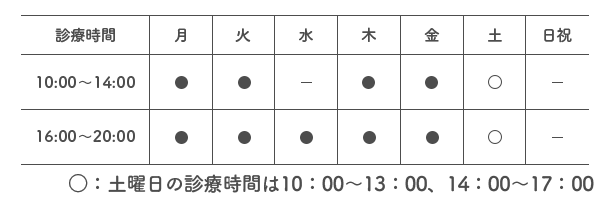Content
These consequences can be culturally specific responses, criminal justice penalties, child protective services actions, welfare-to-work setbacks, and so on. The group leader, like any counselor, should know the confidentiality rules (42 C.F.R. Part 2) and the legal reporting requirements relating to client relapse. https://ecosoberhouse.com/ Relapse prevention groups focus on helping a client maintain abstinence or recover from relapse. This kind of group is appropriate for clients who have attained abstinence, but who have not necessarily established a proven track record indicating they have all the skills to maintain a drug-free state.
By listening to others and participating in a group yourself, you’ll discover that you’re not alone in your struggles. Feeling as though there’s something wrong with you and feeling shame because of it can keep you caught in the cycle. Designed to be intuitive and easily grasped, these tasks will improve engagement and strengthen your client relationships. Incorporate these useful worksheets and activities and help your clients grow their confidence. Designed to promote positive awareness of good qualities, these tools will see your clients’ self-worth and self-esteem improve significantly.
Under the direction of the group’s therapist, group members can use role-play to act out significant parts of a group member’s life. Given these similarities to a theatrical performance, this activity is also known as psychodrama. She started out at a non-profit psychiatric facility where she was involved in residential services, crisis unit, and detox services. After obtaining a Bachelor’s degree in psychology from FAU she assumed the role of case manager where she excelled in working with the dual diagnosis population.
That task is left to other group members, who evaluate each other’s behavior. The group leader monitors the way clients relate to one another, and reinforces therapeutic group norms, such as members responding to each other in an emphatic way. The leader also steps in to extinguish contratherapeutic norms that might damage group cohesion or to point out behavior that could inhibit empathic relationships within the group. Specific techniques of the process group leader will vary, not only with the type of process group, but also with the developmental stage of the group. Early on in group development, process group leaders might consciously decide to be more or less active in the group life. They might also choose, based on the needs of the group, to make more or fewer interpretations of individual and group dynamics to the group as a whole.
It also can vary from highly confrontational with group members to relatively nonconfrontational demeanor. Perhaps the most common leadership style in cognitive-behavioral groups is active engagement and a consistently directive How Art Therapy Can Help in Addiction Recovery orientation. Supervision benefits all group leaders of all levels of skill and training, as it helps to assure them that people in positions of authority are interested in their development and in their work.
For example, Glover (1999) states that play therapy and art therapy are particularly useful for substance abuse treatment clients who have been incest victims. Play and art therapies enable these clients to work through their trauma and substance abuse issues using alternatives to verbal communication (Glover 1999). A variety of therapeutic groups that do not fit in the already-described group models may be employed in substance abuse treatment settings. Some of these specialized groups are unique to substance abuse treatment (like relapse prevention), and others are unique in format, group membership, or structure (such as culturally specific groups and expressive therapy groups). It would be impossible to describe all of the types of special groups that might be used in substance abuse treatment. Many people with substance use disorders avoid treatment because the treatment itself threatens to increase their anxiety.
Her journey led to a change in the industry, and Jackie began her career at Haley House in 2011 as Resident Advisor. Renée began her career with Little Hill Foundation in August of 2004 as the Development Assistant, was promoted to Director of Philanthropy in 2011 and obtained her CFRE (Certified Fundraising Executive) credential in 2022. Her duties include donor relations, overseeing philanthropic support through implementing the annual fundraising plan, major gifts, grant writing and special events. Megan has been a member of the Alina Lodge family for many years, serving as an intern in 2011, and joining the Clinical team full time in January of 2012.
Adults with mental illness can participate in group therapy activities such as hiking, cooking, dancing, and creating art. As an icebreaker in the early stages of group therapy, these kinds of fun activities can aid in the development of collective identity and social skills.
Answer a few brief questions in our addiction questionnaire developed by healthcare professionals. We do not receive any commission or fee that is dependent upon which treatment provider a caller chooses. Discuss how treatments for physical illnesses – like broken bones or infections – are similar to treatments for psychological illnesses like addiction.
SMiLE 整骨院
| 診療時間 |  |
|---|---|
| 住所 | 〒112-0006 東京都文京区小日向4-5-10 小日向サニーハイツ201 |
| アクセス | 東京メトロ丸の内線「茗荷谷」駅 徒歩2分 |